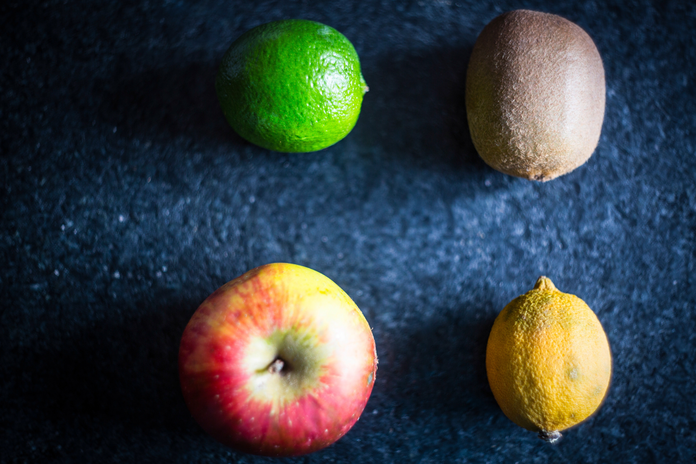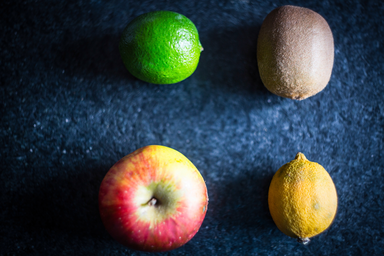“Mom, is chicken made of chicken?”
This is the question second grade me asked my mom while we were riding in the car together. Upon her confirmation that yes, chicken was indeed made of chicken, I started crying and vowed that from then on I would not eat meat. This is what I told people, but now and then I would make exceptions for the BLT, one of my favorite sandwiches. In 5th grade, I decided to fully commit to vegetarianism. Since then. I’ve completely cut out meat and haven’t looked back. More recently, I’ve tried going vegan and giving up dairy. While I haven’t been perfect and have certainly made exceptions (sometimes it’s just impossible to say no to a slice of pizza), I have significantly decreased my dairy intake. This brings me to the central point of my article: you don’t have to be perfect to make a difference.
In recent years, the evidence has become increasingly clear that the meat and dairy industries have severe impacts on the environment; both contribute substantially to greenhouse gas emissions, deforestation, and the use of resources such as fossil fuels, water, and land. According to The Independent, going vegan could be the “single biggest way” to reduce your carbon footprint. Researchers at the University of Oxford found that eliminating meat and dairy could reduce a person’s environmental impact from food by up to 73%.
In an ideal world, everyone could easily become vegan and drastically reduce their environmental impacts. However, I will admit that, at least in our current world, this is somewhat unrealistic. I know there are many people who are unwilling to go vegetarian, let alone vegan. And that’s ok. I’m not here to vilify those who still eat meat or dairy. What I do want to explain is that we don’t need to view the issue from an absolutist perspective. Cutting down still helps. Eating meat twice a week is still better than eating meat every day. The fact that you might not feel ready to go full vegetarian or full vegan shouldn’t deter you from taking smaller steps. It’s better than doing nothing. I didn’t transition from vegetarian to vegan right off the bat; I started with making a few substitutions (almond milk instead of regular milk, olive oil instead of butter, etc.) until I eventually realized it wasn’t actually as hard as I thought. And even now, as I said, I’ll make exceptions, but I know not to beat myself up about it because I know the adjustments I’ve made are still making a difference.
While people have many reasons for going vegan, it’s not always just for health or because it’s “trendy.” There are real environmental consequences to the mass consumption of animal products. I think people often write off veganism entirely because it seems so extreme and its advocates can often be more aggressive than necessary in getting their message across. To those people, know that you can still reduce your carbon footprint without adopting an entirely new diet. Small steps are still steps. Adjustments still contribute to change. Doing something is better than doing nothing. And if we can each do something, we can make a difference.
Images Obtained From:
http://grottonetwork.com/make-an-impact/transform/reasons-for-being-vegan-not-the-same-for-everyone/


